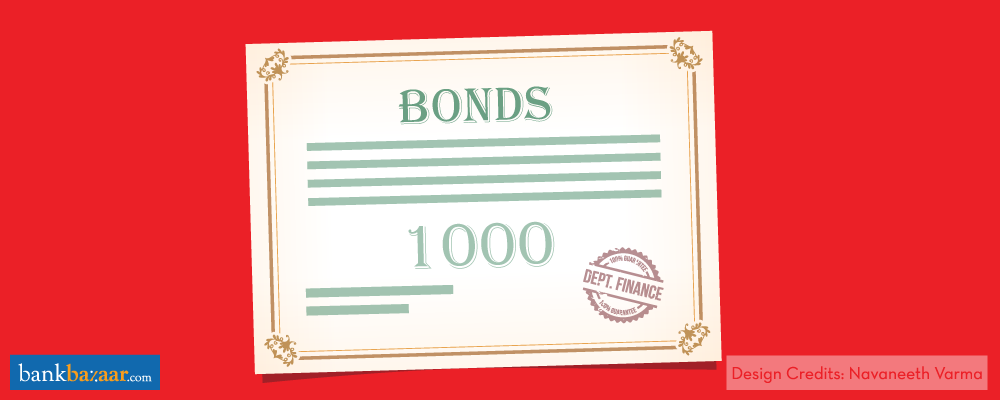
The one predictable thing about financial markets is their constant state of change. If you have been investing in the debt funds market, chances are you have heard about gilt funds. Here is everything you need to know about gilt funds, including how they are different from regular debt funds and whether it is a good time for you to consider investing in such funds.
What are gilt funds?
Gilt funds are Mutual Funds that invest only in Government securities or G-Secs. Unlike other debt funds that invest in a host of debt-related instruments such as treasury bills, government securities, corporate bonds, money market instruments, etc., gilt funds are invested only in securities issued by the Reserve Bank of India.
As a retail investor, gilt funds give you the option to invest in government securities or G-Secs. Since gilt funds invest in government bonds and securities that have an inverse relation with interest rates, any fall in interest rates means a rise in bond prices, which appreciates your investment in gilt funds. This is the reason many investors keep some part of their portfolio in such funds to make use of any falling interest rates.
When it makes sense to invest in gilt funds
The one big parameter you need to focus on for successful investment in gilt funds is the fall in interest rates. Whenever there is a chance for interest rates to fall, it augurs well for the debt funds market including gilt funds. Any slowdowns in GDP, rising inflation, or decline in industrial production – all are parameters that can lead to changes in the interest rate situation.
When the interest rates remain stable for a long period or do not undergo any big decline, gilt funds do not attract major investments. There have been times in the past when interest rates firmed up or spiked, pushing gilt fund returns into the negative territory. For example, between February and April this year, gilt funds witnessed net outflows of more than Rs.2,000 crore.
Gilt funds investment in the current market scenario
Gilt funds are witnessing favorable investor sentiment as improving inflation, predictions of a good monsoon, and government moving as per expectations on its fiscal consolidation roadmap are pointing to a decline in interest rates.
So does this mean it is time for you to consider investment in gilt funds? Not quite, as financial experts feel that unless rate cuts are significant, the chances of high returns from gilt funds are limited. More importantly, gilt funds demand a high level of understanding of market movements to extract good returns. To benefit from gilt funds, it is essential that an investor time the entry and exit carefully. This requires an eye on interest rates movement and an ability to analyze and predict Reserve Bank of India’s credit policy. If this goes wrong, returns can be affected.
Therefore, for the average retail investor, back-to-back investing in dynamic bond funds or interest accrual schemes may remain a better option than gilt funds. These funds retain a mix of corporate bonds and government securities and vary the maturity of the portfolio and the investment mix depending on the scenario. This makes them less volatile than pure gilt funds and enables stable returns over the long term.
Gilt funds in a snapshot:
- Gilt funds invest in government securities (G-Secs) alone, unlike other debt instruments.
- Gilt funds, like bonds, have an inverse relation with interest rates – when interest rates fall, gilt funds rise and vice versa.
- Even though gilt funds invest in government securities and not corporate bonds, they are still vulnerable to interest rate risks.
- Gilt funds typically charge an exit load of 1% if you redeem the units before one year of investment.
- For gilt funds, long-term capital gains are taxed at 10% without indexation and 20% with indexation.
Additional Reading: What To Remember When Choosing The Right Debt Funds
We hope that you now you have some understanding of gilt funds and what you should consider when investing. Armed with this knowledge you can decide whether you want to invest in them or hold off.